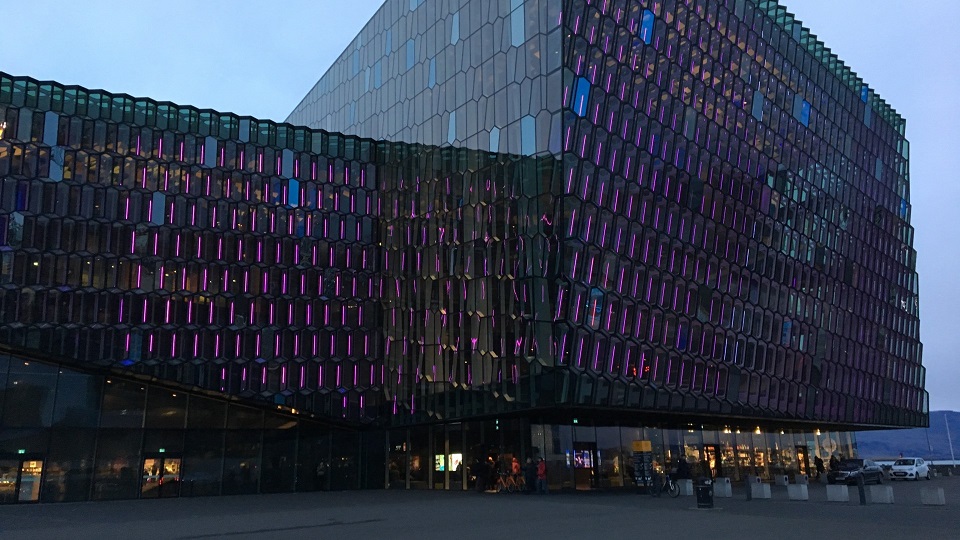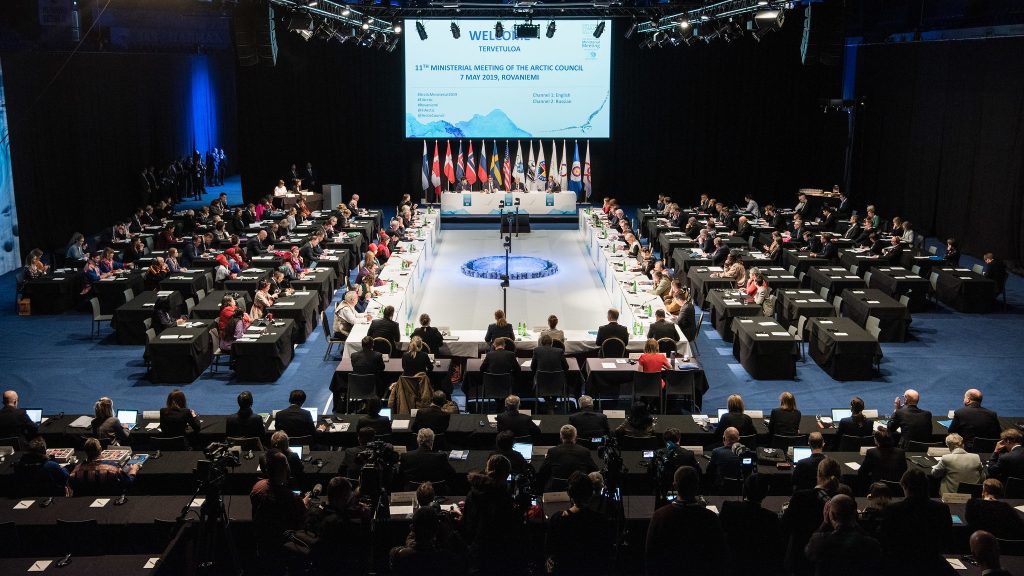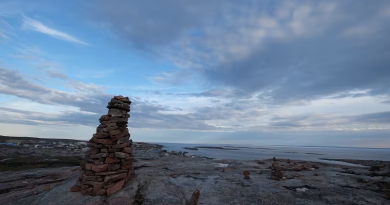Arctic Council finalizes plans for largely virtual ministerial in May

With ongoing COVID-19 travel restrictions worldwide, the Arctic Council has decided on a hybrid event for the upcoming ministerial in May.
Representatives of the eight Arctic States and six Arctic Indigenous groups will attend in person. Everyone else will be able to attend virtually.
“Iceland is preparing for minimum in-person attendance and an extensive virtual platform that will allow a broad audience to participate remotely,” the forum said in a news release on Thursday after the final Senior Arctic Official’s plenary meeting in Reykjavik.
Foreign minister praises forum’s ability to adapt
The Arctic Council is an international forum that focuses on environmental protection and sustainable development in the North. The chairmanship rotates through the eight Arctic states every two years.
The biennial ministerial meeting is where the leadership is officially handed over, and when updates are given on projects from the forum’s six working groups. The working groups are made up of experts from around the world and examine issues ranging Arctic contaminants to emergency response in the Arctic.

Year formed: 1996
Arctic Council Members: Canada, Denmark (Greenland), Finland, Iceland, Norway, Sweden, Russia, United States
Permanent Participants: Aleut International Association, Arctic Athabaskan Council, Gwich’in Council International, Inuit Circumpolar Council, Russian Association of Indigenous Peoples of the North, Saami Council
Current Chair: Iceland (2019-2021)
Upcoming Chair: Russia (2021-2023)
In May, current chair Iceland will hand the Arctic gavel over to Russia.
Iceland’s four chairmanship priorities were the Arctic marine environment, climate and green energy solutions, people and communities of the Arctic, and a stronger Arctic Council. And although COVID-19 challenged the forum’s work, Iceland said it’s proud of what it accomplished.
“Covid-19 has affected our Chairmanship, but despite some delays in projects and postponed events and meetings, we were able to adapt quickly,” Iceland’s Foreign Minister Gudlaugur Thor Thordarson said.
“We have carried out most of our plans, including a virtual version of the Plastics Symposium and we launched an online format of the Council’s new marine cooperation initiative. The collaborative efforts demonstrate that the Arctic Council is adaptable, solutions-oriented and open minded when faced with a crisis.”
The upcoming ministerial will take place on May 20 in Reykjavik.
Write to Eilís Quinn at eilis.quinn(at)cbc.ca
Related stories from around the North:
Canada: Indigenous wildfire knowledge to be key part of new Arctic Council project, Eye on the Arctic
Finland: Finnish PM stresses importance of Arctic Council for region’s stability amidst climate change, Yle News
Iceland: Arctic Council’s work on track despite pandemic, now gearing up for 2021 ministerial, says ambassador & SAO, Eye on the Arctic
India: Pole to Pole: India’s Arctic White Paper, Blog by Marc Lanteigne
Ireland: Ireland ready to bring marine and scientific expertise to Arctic Council as observer, says Department of Foreign Affairs, Eye on the Arctic
Norway: Arctic Council creates new expert group on nuclear emergencies, The Independent Barents Observer
Russia: Russia removes critical voices ahead of Arctic Council chairmanship, claims Indigenous peoples expert, The Independent Barents Observer
United States: Analysis – Trump’s legacy leaves Arctic with fewer environmental protections and more risk of conflict, experts warn, CBC News



